A recent Bombay HC judgment may have snubbed the arbitrary FSSAI, but it looks like a long battle for scotch
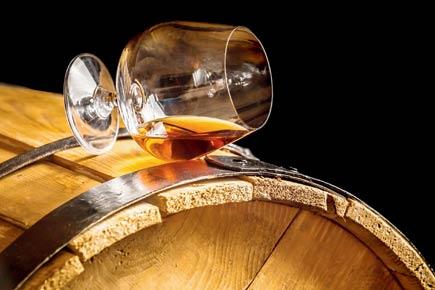
Lovers of Jacob’s Creek, Australia’s largest wine brand and India’s bestselling, may have said cheers this July. The Bombay High Court, which heard a petition filed by Pernod Ricard India, its importers, challenging the lack of an NOC from the Food Safety and Standards Authority of India (FSSAI) for a shipload of its wine bottles, disposed the matter. Thanks to the order, the wine cases lying in Mumbai’s docks since October 2014 will now be allowed for sale in the domestic market. The food safety regulator, which has recently come under criticism for its arbitrary regulations, said the wine contained tartaric acid, which isn’t allowed in the proprietory foods category. Iqbal Chagla, counsel for Pernod, told sunday mid-day, “This wine has been imported for a little over 10 years without a problem. We argued that tartaric acid is even found in fruit juices sold all over India.”
ADVERTISEMENT
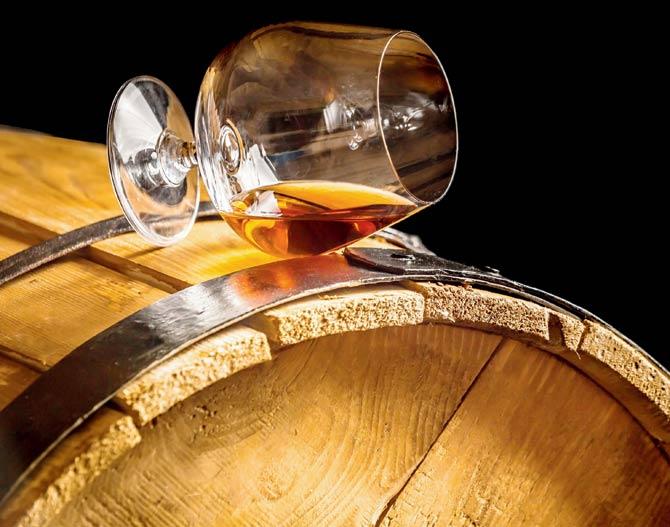
The climate isn’t as favourable for Scotch brands that have been blocked by the agency of the Ministry of Health and Family Welfare though. It claims manufacturers are not meeting labelling requirements laid down in India’s food safety and standard rules that came into force in 2011.
Late last year, 60 shipments of scotch whiskey were stopped at Mumbai Customs for not listing malted grain, water and yeast as ingredients. Among these was a consignment of a private retailer who lost a little over Rs 14 crore in the blockage, eight of his containers stopped by Customs. The bottles were eventually returned, but overall loss was pegged at a little over Rs 150 crore.
Pramod Krishna, secretary general of the Confederation of Indian Alcoholic Beverages Companies (CABC), said, Indian labeling rules are marred by intricate provisions, and Customs procedures lack transparency.
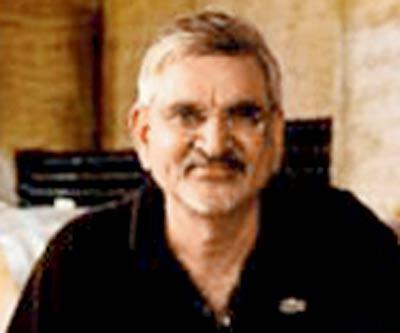
Pramod Krishna
He offered an interesting example.
Manufacturers are required to state particulars on the label, either in English or Hindi. What happens when cases hit Indian shores with labels that read, Prodotto di Italia (instead of Product of Italy)? They are rejected outright. International liquor companies have in the past argued with the Ministry of Commerce that it’s impractical to come up with a special production line exclusively for India.
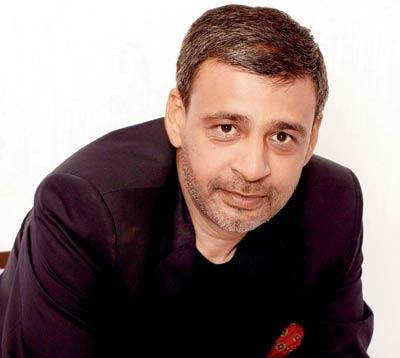
Ashwin Deo thinks owners of proprietory brands like Campari will be reluctant to reveal all ingredients on the label as mandated
“You will be surprised but wine was not considered a ‘food’ by the government till 2006. Liquor advertising of all forms is banned, importers are forced to follow layers of rules (because liquor is a state subject) and there is no coordination between various agencies. You are bound to end up with such problems,” said Krishna.
India, the world’s third-largest liquor market, needs liberalised rules for trade to flourish, argues a 2014 study by top think tank, Center for Public Policy Research. The average Indian consumer of domestic and imported liquor pays over five times the production cost, and most of this is charged in the form of taxes by State governments.
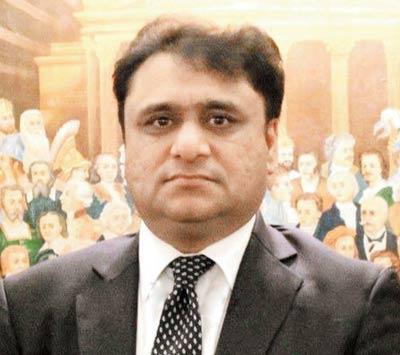
“Restrictive liquor policies continue to harm both, consumers and business, and fuel black market activities,” said Krishna.
A spokesperson for FSSAI said the regulatory body was only following rules listed by the government. “Discrepancies exist in what we think is right and what the liquor companies believe is wrong due to the absence of certain standards in India. But tests are a part of standard practice followed worldwide, and India cannot be different.”
The official, who cannot be quoted under government regulations, said a draft notification on standards of alcoholic beverages would lay all arguments to rest. “We will categorise it under two heads; one for beverages with less alcohol and another for beverages with more alcohol.”

The Scotch Malt Whisky Society does not reveal the name of the distillery on their bottles, only the cask number
Till the draft policy paper is in place, manufacturers and importers will continue to feel the heat.
Rosemary Gallaghar of the UK-based Scotch Whisky Association (SWA) concurred that the SWA, in all markets, looks for a regulatory environment that meets the government’s policy goals while keeping compliance costs manageable. “Being a federal state, India has a particularly complex regulatory environment, with different agencies regulating different matters. That can be challenging but we welcome the opportunity to discuss with regulators how best to achieve common goals,” she added.
Sandeep Arora, head of Spiritual Whiskey, a firm that imports top brands from across the world for the Indian market which is incidentally the world’s largest with 300 million plus cases annually, said, often, the regulator argues without logic.
Recently, The Macallan — one of the first distilleries to set up in Scotland, it produces a sough-after collector’s malt — left Indian shores because the group found the regulators too hot to handle. The pressures were many. Under Indian regulations, the specially packed bottles needed to list ingredients.
“It would be ridiculous for a brand in that category to mention what the product is made of, and whether it has caramel or not. Do you ask similar questions abroad when buying Darjeeling tea?” Arora wondered.
Arora said the other issue bothering the brand, which was selling between 15 and 20 bottles a year here, each priced between R8,00,000 and R14,00,000 per bottle. The regulators wanted two to three bottles for sampling, and the importers were uncomfortable about it. “Certain brands have developed a global market because they follow standards. They will be very uncomfortable if asked to produce samples for tests,” said Arora.
Tough regulations also encourage black market growth. In 2013 alone, around 1,305 liquor smugglers were arrested in Greater Noida, a town 48 kms from Delhi, with a 1,00,000 population. All were trading in foreign liquor. In Delhi, 32,000 litres of smuggled foreign liquor — half of it, top end brands – was seized last year.
According to international records, India is one of the world’s most restrictive nations for trade. Last year, it ranked 110 out of 152 countries with respect to economic freedom, said the Economic Freedom of the World Report, an index that measures the degree to which policies and institutions of nations are supportive of economic freedom.
Sanjoy Mohanty, who represents the Scotch Whiskey Manufacturers Association, however, said for market growth, both international exporters and FSSAI need to co-exist. “There are regulations across the world and you cannot export outside them. The Indian government cannot be asked to make an exception. There have been some errors made now and then but that should not be a yardstick to measure India’s trade practices.”
He agreed that the government had included wine in the list of ‘food’ “a little late in time” and restrictive policies at the federal and state levels are often carried out under the concern that alcoholic beverages should be heavily regulated to prevent public health and safety issues related to drinking.
The top-end foreign brands — attracting duties as high as 150 per cent (down from 400-700 in 2000) — constitute just 4 per cent of the $9 billion strong Indian liquor market. “But the top end Indian market has the potential to grow if certain regulations are eased,” he said.
“There is a bit of rumour mongering too. For example, Remy Martin walked out not just of India but also China and other parts of Asia. They walked out of Russia too because the rouble had crashed. It would be wrong to club all exits.”
Ashwin Deo, Mumbai-based founder and managing director of Trinity Vintners Pvt. Ltd., represents The Scotch Malt Whiskey Society in India. Set up in 1983, it is a prestigious members-only global club that runs private members rooms and directly purchases individual casks from malk whiskey distilleries, bottles them and sells them directly to members. “The regulatory mechanism needs to be streamlined, if we don’t wish to encourage the black market. And there are many proprietory brands like Campari, where the owners will be distinctly uncomfortable to reveal all ingredients,” he said.
He also sees it as a larger issue, especially since India is a source hub for importers from Bangladesh, Nepal and Sri Lanka. “If troubles with Customs and regulators continue, that market in India will never grow.”
Someone must listen.
 Subscribe today by clicking the link and stay updated with the latest news!" Click here!
Subscribe today by clicking the link and stay updated with the latest news!" Click here!






